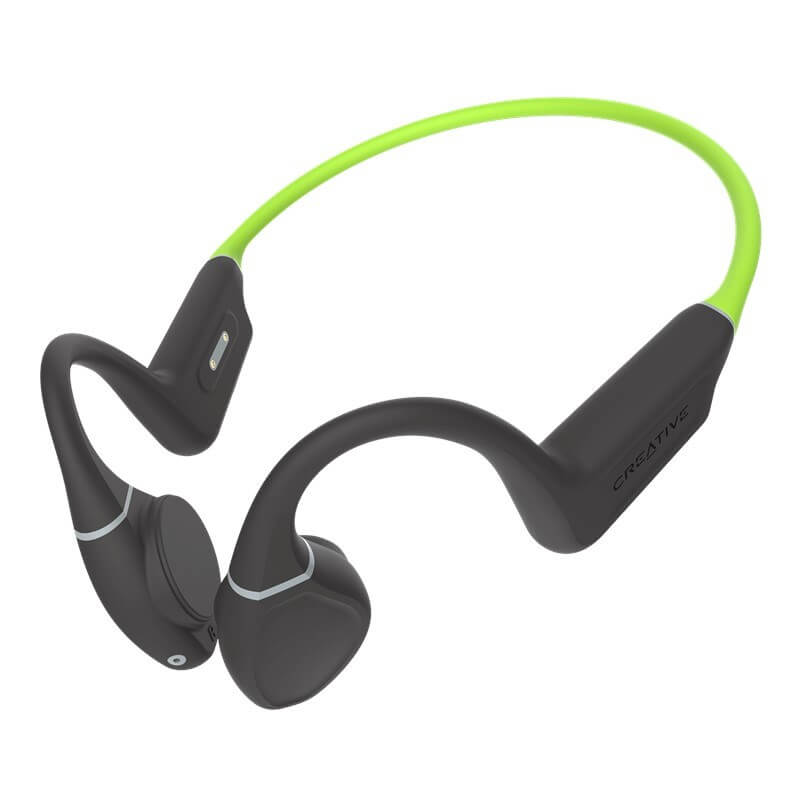
What are bone conduction headphones and how do they work?
It is a well-known fact now that listening to music too loudly via your headphones can ultimately lead to damage
Over in the UK, they have Bonfire Night on 5th November which is celebrated with friends and family. Not only will there be spectacular firework displays around the country, there will also be huge bonfires to marvel at. Diwali is celebrated in November and lots of events will have firework displays to add to the festivities. As we move into December, we have Christmas and of course, New Year’s Eve. New Year’s Eve will see cities across the world light up the skies as they compete to have the most spectacular display.
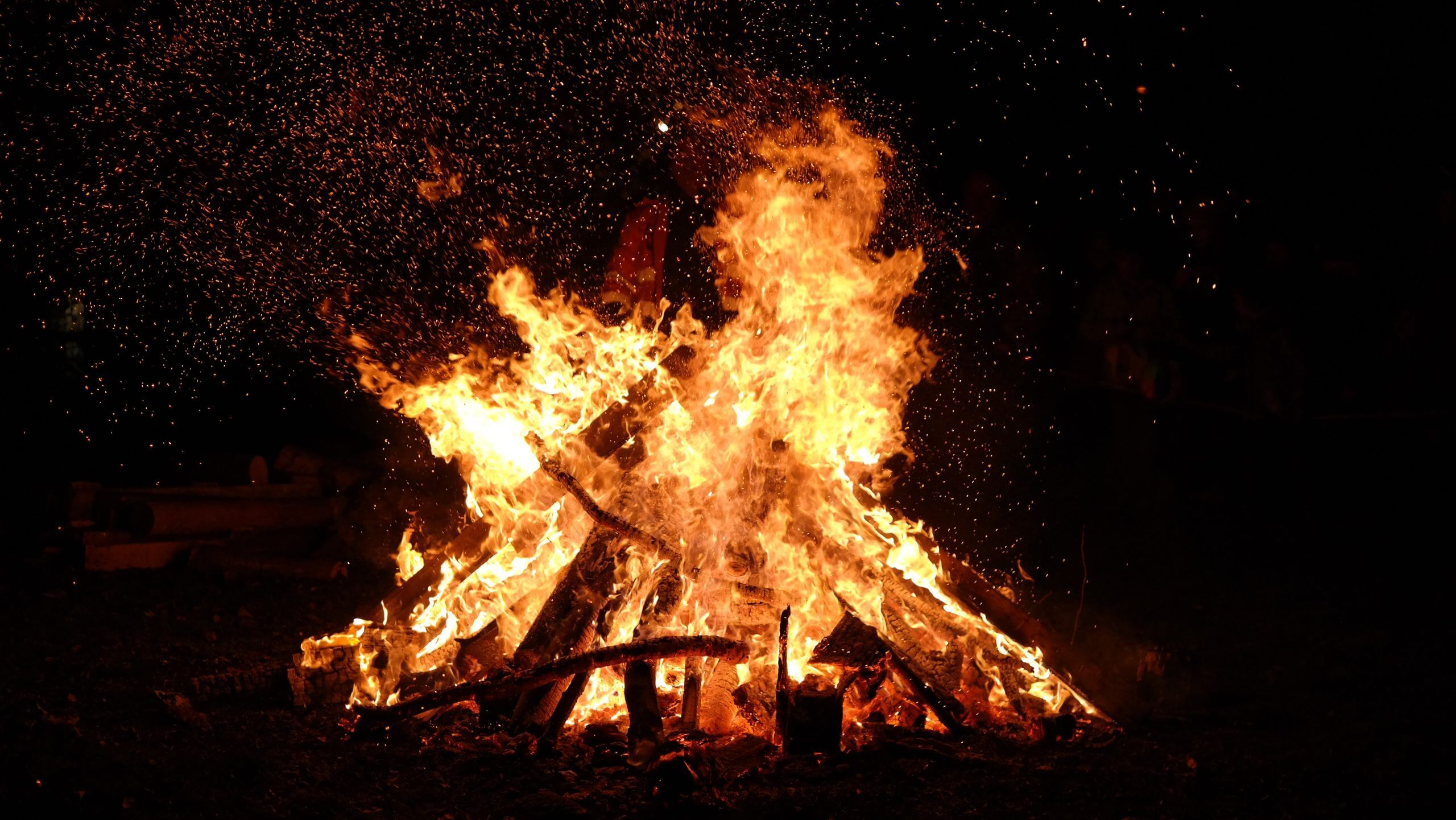
A beautiful bonfire at a Bonfire Night Celebration
Generally speaking, exploding fireworks can easily exceed 120 decibels (dB). The considered “safe level” for sound is 85db. This means that being too close to a firework of this sound level could result in a temporary or permanent hearing loss. We would always advise watching from a distance or wearing a form of ear protection. For comparison, here are some sound levels:
As you can see from our list, fireworks are high up on the list and can often be as loud as a gunshot. A noise of over 85dB is considered to be dangerous to unprotected ears so we would suggest using earmuffs or earplugs. Earplugs can reduce sound level by approximately 30dB.
If you consider the fireworks to be too loud, they are most certainly too loud for any children present. A child’s ears are more sensitive and less tolerant of loud noise. Hearing loss has a huge impact on children and could affect their cognitive development. An easy way to protect your child’s hearing is to get them to wear a pair of ear muffs. They can then enjoy any display worry free.
We should also mention that hearing aids are affected by the cold. It is worthwhile taking some spare batteries or ensuring they are fully charged if you are spending a prolonged period outdoors in the cold. Depending on your hearing aid device you can choose to select a noise reduction program or simply go for a lower sound level. You could even just decide to turn your aids off for the display.
Non-hearing aid wearers get less blood flow to the ears when outside in the cold weather which can increase your risk of infection. Therefore, it makes sense to keep them covered up with ear warmers / muffs. In fact, keeping all of you warm is a good thing to do to avoid catching a cold.
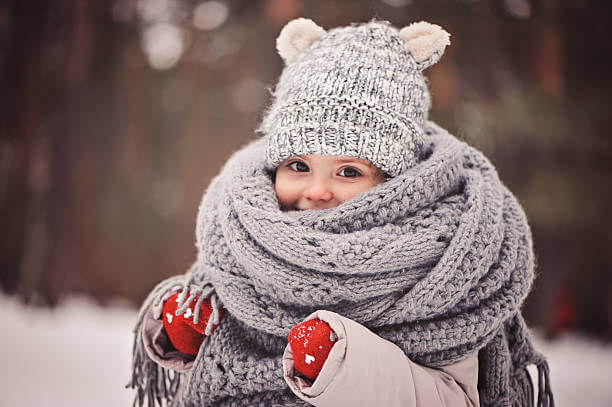
Make sure you wrap up warm and keep your ears covered if possible if you’re out in the cold for long periods of time.
After any extended period of loud noise, your ears will need a little rest. Experts recommend resting your ears for at least 16 hours, although you can obviously choose to rest them for longer.
Have a fabulous firework season and, as always, stay safe. If you need any advice relating to noise related hearing loss, don’t hesitate to get in touch.

It is a well-known fact now that listening to music too loudly via your headphones can ultimately lead to damage
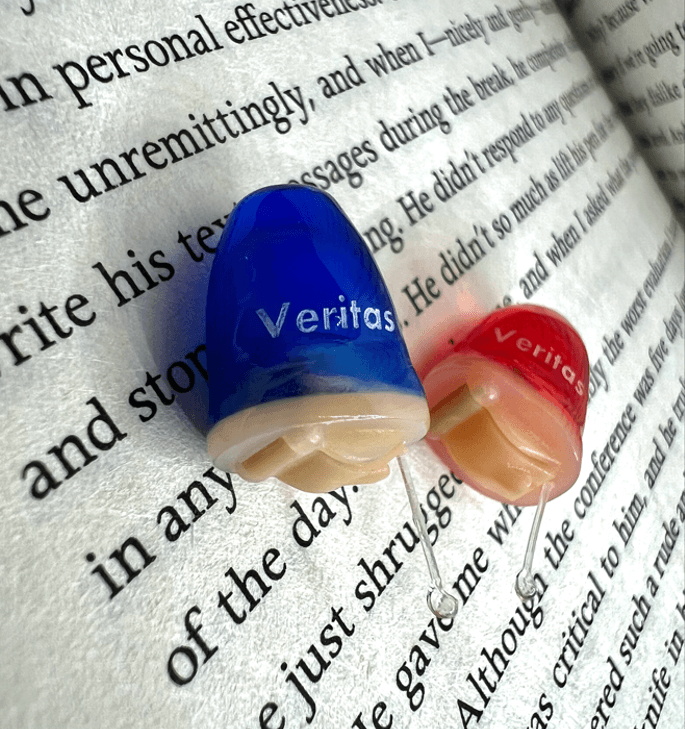
Fun fact… we actually hear with our brain and not our ears. Ears receive the sound and then send the
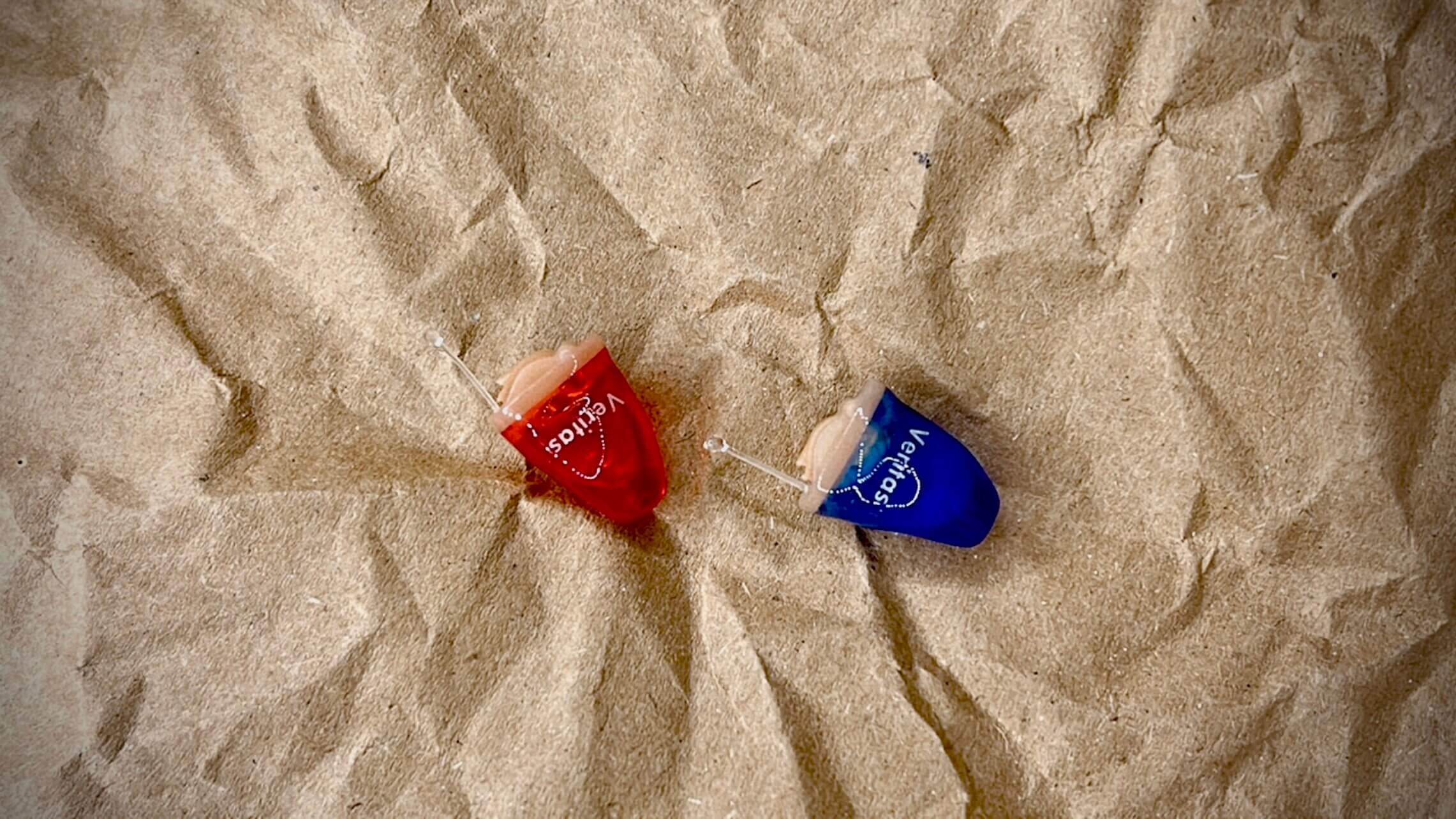
Things do go wrong from time to time with hearing aids. The most important thing is not to panic. There